How To Talk To Your Child About The Hamas-Israel Conflict
Technology is ubiquitous, and as a result, our children are constantly being bombarded with information. Certainly, we as parents can do our best to make sure that the information our children view is age-appropriate, however, sometimes that’s not enough or sometimes the stories our children learn about are confusing and upsetting. While it’s one thing to roll up your sleeves to talk about the Taylor Swift and Travis Kelce romance with your 9-year-old daughter asking questions, discussing terrorism and conflict/war are much more complex subjects to manage.
As a child psychologist, I am perforce in the role of treating children with emotional, social and behavioral struggles, but there are times when larger societal issues can enter the therapy space, Hamas’s recent attack on Israel and the ensuing Hamas-Israel conflict is one of those times.
Many of my child and teen patients have broached the very tragic situation in Israel and Gaza with a heightened sense of anxiety. Children and teens have asked, “Why do those two countries hate each other so much?” and “It seems like World War III is going to happen?” and “Did you know that Hamas called for a Global Day of Jihad?” and “I get that Hamas was wrong to attack Israel, but now Israel is killing thousands of Palestinians.”
Incidentally, some of the parents I work with chose to keep their children home on the so-called Global Day of Jihad on October 13, fearing the possibility of terrorism here in the U.S.
And these questions are eerily similar to the questions that child patients asked of me in the wake of the 9/11 terrorist attacks in 2001, in the wake of the 2015 Paris terrorist attacks and at the start of the Russia-Ukraine war. That is because the need for safety and security is a very real human and universal need; and even more so for children who do not possess the internal resources—intellectual or emotional—to fully understand, make sense of or tolerate multifaceted topics such as terrorism or of conflict/war.
I offer the following recommendations to parents on how to talk to your children about the current situation.
1. Check your anxiety level before talking to your children about the Hamas-Israel conflict. Children can be very perceptive to how their parents are feeling, so make sure you are calm, reassuring and confident if and when you choose to discuss the topics of terrorism or conflict/war.
2. Consider your audience when determining what you share or do not share with your children on the topics of war. Regardless of the concerning or upsetting information we as parents receive via the media, we must always be mindful of what our children are capable of handling before discussing things. Thus, your child’s age, maturity level and threshold for worry/anxiety are all things to consider before discussing terrorism or conflict/war.
Just as you would not discuss natural disasters or school shootings in the same way with 4, 8 or 16-year-old children due to developmental differences, you would not do the same for the topics of terrorism conflict/war with your children of varying ages.
3. Teach your children about terrorism and war. By educating your children about these topics, they will understand things better, which in turn will serve to decrease their anxiety. It is important to be clear and accurate with the information you share and keep your points and message simple. What does the acronym for Hamas mean? What is the history of the Israel and Palestine struggles? Perhaps you could find educational articles to read on the history of that region of the world you can read with your children.
For a younger child, simply introducing the concept of deep-rooted area history good versus evil is a nice way to help a child begin to understand why people sometimes do bad things in the world. Using movie characters or actual events that may have occurred in your child’s life (e.g., a bullying episode) may also prove helpful.
For middle school age children and teens, you can address the complexities of the current situation in Israel and Gaza more with greater depth – the cultural, political and religious histories and differences that have contributed to the longstanding and ongoing conflicts in that region of the world.
4. Minimize your children’s exposure to the media. Turn off the news. News agencies have been on fire with terrorism and conflict/war stories since the Israel and Gaza conflict occurred. Such widespread exposure can cause increased anxiety for our children.
5. Be Positive. There is power in positive thinking, and being positive with your children regarding this situation will help them to cope. As complex as things currently are in that region of the world, messaging hope that the crisis in Israel and Gaza will not lead to a larger conflict or war is a good thing.
Letting your children know that world leaders are working hard with President Mahmoud Abbas and Prime Minister Benjamin Netanyahu toward some sort of resolution or cease fire could also be affirming.
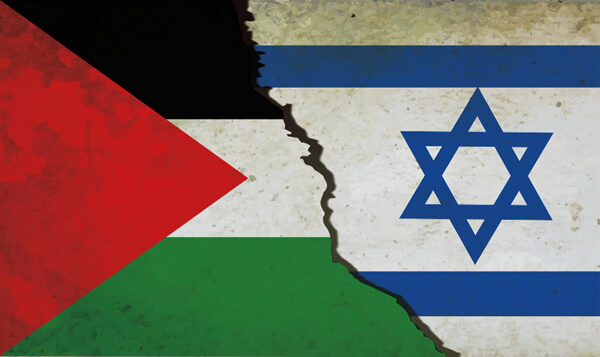
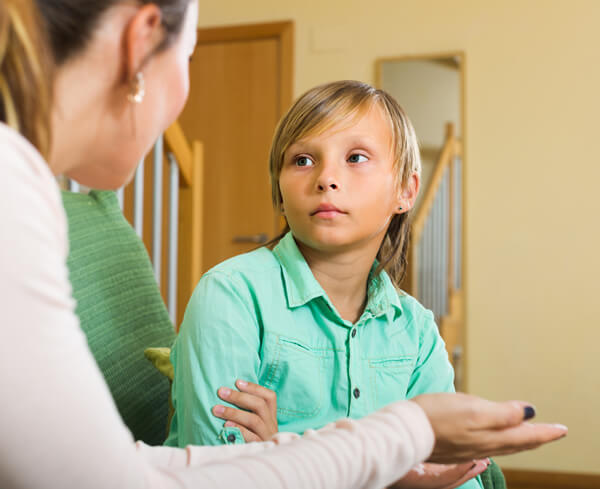
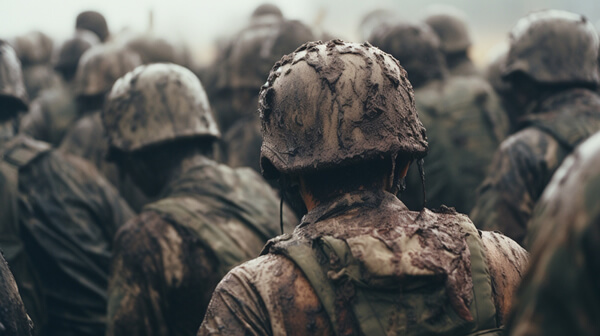

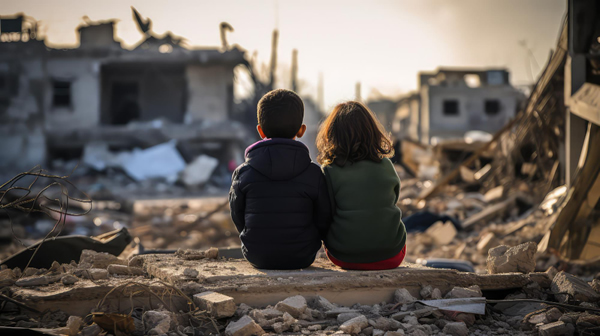


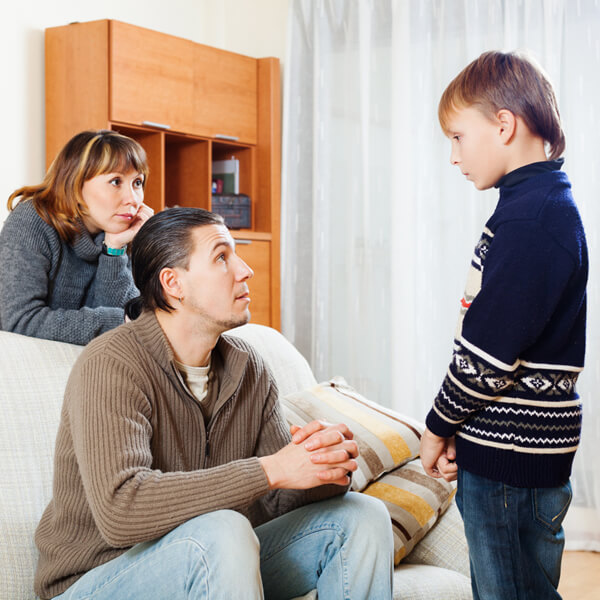
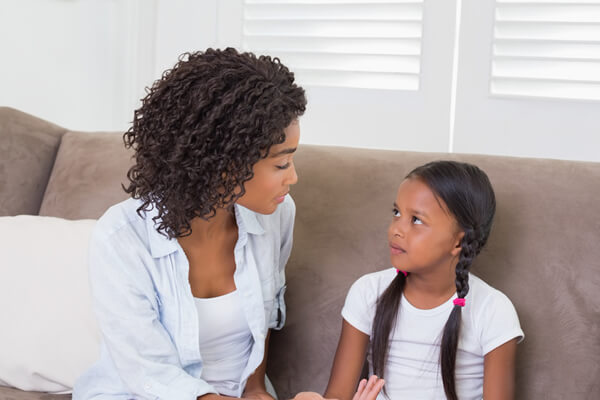
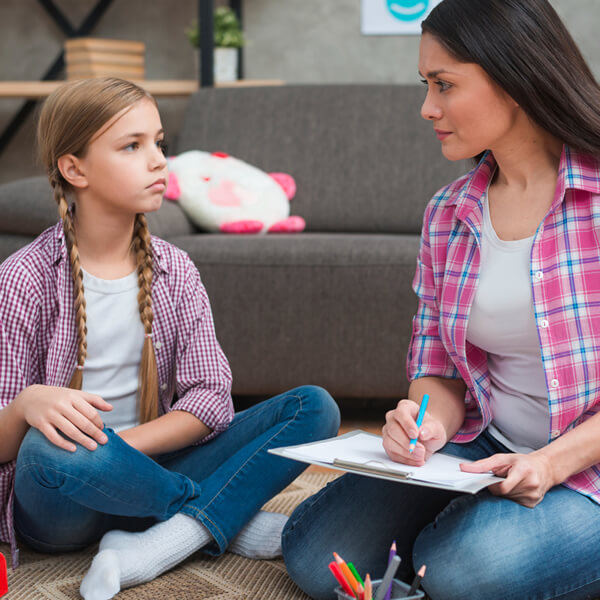

Michael Oberschneider, Psy.D. “Dr. Mike” is a clinical psychologist in private practice.
He can be reached at 703-723-2999, and is located at 44095 Pipeline Plaza, Suite 240, Ashburn.
